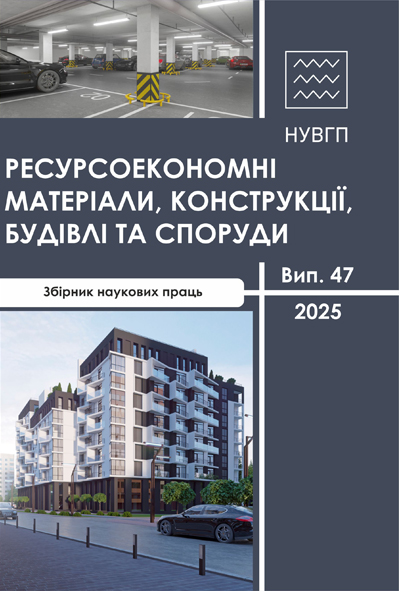ПЕРСПЕКТИВИ ВИКОРИСТАННЯ КАВОВИХ ВІДХОДІВ ДЛЯ ВИРОБНИЦТВА ЕКОЛОГІЧНИХ БЕТОНІВ І РОЗЧИНІВ
DOI:
https://doi.org/10.31713/budres.v0i47.57Анотація
У даній статті здійснено систематичний огляд сучасних наукових підходів до використання кавових відходів у виробництві екологічних бетонів і розчинів. Проведено аналіз впливу органічних кавових домішок властивості матеріалів, а також досліджено екологічну доцільність такого підходу через в контексті зниження вуглецевого сліду. Узагальнено способи використання кавових відходів, які застосовуються при виробництві бетонів та цементних розчинів. Визначено перспективні напрями подальших досліджень.

